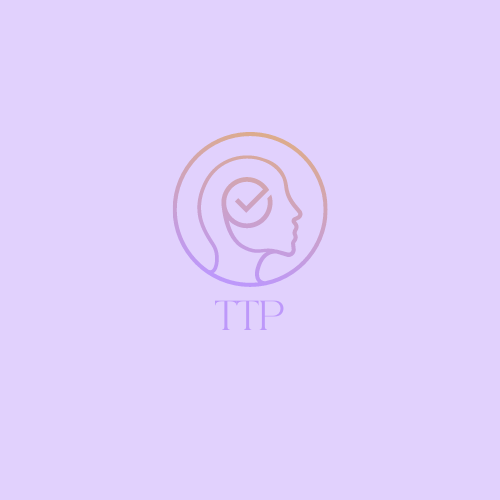
High Functioning ADHD in Adults

ADHD in Adults:
-
ADHD
High functioning ADHD in adults can present itself in various ways, and the symptoms may differ from person to person. However, some common characteristics and behaviors may be observed in individuals with high functioning ADHD. Read more for some symptoms.
-
Difficulty Concentrating:
Difficulty Concentrating: Even though they may be highly intelligent and capable, individuals with high functioning ADHD may struggle to maintain focus and attention, especially on tasks that are not stimulating or interesting to them.
-
Hyperfocus:
On the flip side, some individuals with high functioning ADHD might experience episodes of hyperfocus, during which they become completely absorbed in a task they find engaging, often losing track of time and their surroundings.
-
Impulsivity:
They may display impulsive behaviors, such as making quick decisions without considering the consequences, interrupting others during conversations, or engaging in risky activities without fully evaluating the potential risks.
-
Time Management Challenges:
Difficulties with time management, organization, and planning are common. They may struggle with deadlines, procrastinate, or have difficulty completing tasks that require sustained effort.
-
Restlessness and Fidgeting:
Individuals with high functioning ADHD may frequently fidget, tap their feet, or engage in other restless behaviors, especially when they are required to sit still for extended periods.
-
Easily Distracted:
They might be easily distracted by external stimuli, finding it challenging to filter out irrelevant information, leading to difficulties in staying on track with tasks.
-
Difficulty with Prioritization:
Difficulty in prioritizing tasks and determining what is important can also be a characteristic of high functioning ADHD.
-
Mood Swings and Emotional Dysregulation:
Emotional dysregulation can be a common experience for individuals with high functioning ADHD, leading to mood swings, irritability, or difficulty managing strong emotions.
Therapy for ADHD:
-
Therapy can help individuals develop practical skills to improve time management, organizational abilities, and task prioritization. You can learn specific strategies that will help you with managing your ADHD in your daily responsibilities more effectively.
-
Cognitive Behavioral Techniques: Cognitive behavioral therapy (CBT) can be effective in helping you recognize and change negative patterns of thinking and behavior. CBT can assist in addressing impulsive behaviors, emotional regulation, and improving coping strategies for managing stress and anxiety.
-
Therapy may introduce mindfulness techniques to help you manage high functioning ADHD and increase your awareness of the present moment. Mindfulness practices can improve attention and focus, reduce impulsivity, and enhance emotional regulation.
-
Therapy can provide education about ADHD, helping you better understand the nature of their condition, its impact on daily life, and the available treatment options. Understanding the underlying neurobiological and psychological aspects of ADHD can empower individuals to effectively manage their symptoms.
-
Therapy can help individuals develop effective stress management techniques to cope with the challenges and demands of daily life. Learning how to recognize and reduce stress can significantly improve overall well-being and functioning.
-
Working with me in therapy can help you to dentify and modify specific behaviors that may be interfering with your daily functioning. Through behavior modification techniques, you can learn to replace maladaptive behaviors with more adaptive ones.
-
Therapy can help individuals improve their communication skills, particularly in social and interpersonal contexts. Learning effective communication strategies can enhance relationships and reduce potential conflicts in personal and professional settings.
-
I can assist you in setting realistic goals and creating structured plans to achieve them. Establishing clear objectives and implementing effective planning strategies can help individuals with high functioning ADHD stay organized and focused on their tasks.

